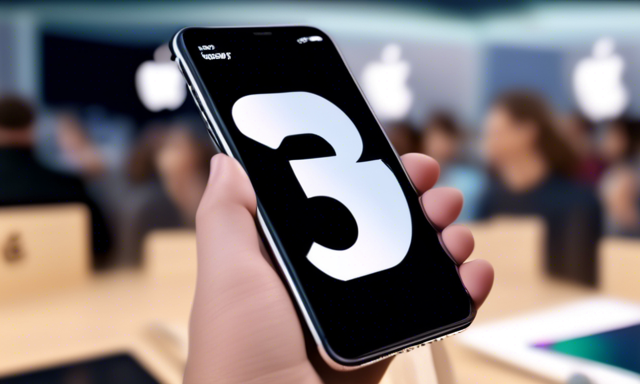Apple Grants iPhone and iPad Users in the EU Options to Delete App Store Apps
Apple has announced a significant change that will allow iPhone and iPad users in the European Union the ability to delete certain native apps, such as the App Store and Safari browser. This decision marks a departure from Apple’s long-standing practice of tightly controlling the apps that are pre-installed on its devices. The move comes in response to new digital regulations introduced by the EU, signaling a shift in Apple’s approach to device customization and user choice.
What Apps Can You Delete?
- Users in the EU can now delete apps like App Store, Messages, Camera, Photos, and Safari
- Settings and Phone apps will remain non-deletable
Managing Default Settings
- New section for managing default settings for browsers, messaging, and phone calls
- Users will have more control over their device features and preferences
Enhanced Security Measures
- Apple introduces criteria for implementing alternative browser engines
- Focus on privacy and security requirements to protect users from potential threats
Compliance with EU Regulations
Apple’s decision to allow users to delete certain apps and implement new privacy measures aligns with the EU’s Digital Markets Act. The tech giant has committed to addressing the concerns raised by the European Commission regarding app developers’ payment systems on the App Store. These changes aim to promote fair competition and user choice within the digital marketplace.
Implications of the Digital Markets Act
- Apple to comply with new fee structures and promotional guidelines for developers in the EU
- Increased competition and consumer options in the digital sphere
Regulatory Landscape for Big Tech
- DMA imposes restrictions and guidelines for tech companies to prevent anti-competitive practices
- EU has the authority to enforce fines for non-compliance with the regulations
Broader Industry Impact
Apple is not the only tech company affected by the Digital Markets Act. Other major players, including Google, Amazon, Meta, Microsoft, and TikTok owner ByteDance, must also adhere to the new rules. These regulations aim to foster a more level playing field in the digital economy and protect consumers from monopolistic behavior.
Hot Take: Embracing User Choice and Compliance
As Apple makes significant changes to its app deletion policies and privacy measures in response to EU regulations, users in the European Union can look forward to greater control over their devices and enhanced security features. The company’s commitment to compliance with the Digital Markets Act signals a broader shift towards promoting competition and innovation in the tech industry.





 By
By

 By
By
 By
By
 By
By
 By
By